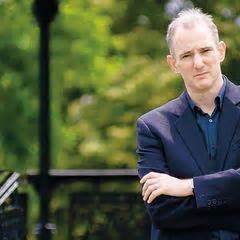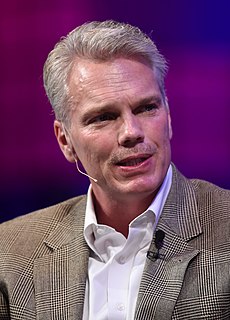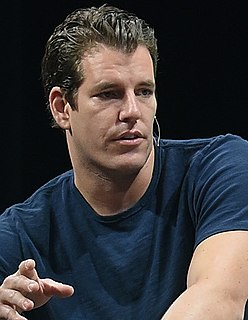A Quote by Charles C. Mann
A smartphone links patients' bodies and doctors' computers, which in turn are connected to the Internet, which in turn is connected to any smartphone anywhere. The new devices could put the management of an individual's internal organs in the hands of every hacker, online scammer, and digital vandal on Earth.
Related Quotes
The atoms of our bodies are traceable to stars that manufactured them in their cores and exploded these enriched ingredients across our galaxy, billions of years ago. For this reason, we are biologically connected to every other living thing in the world. We are chemically connected to all molecules on Earth. And we are atomically connected to all atoms in the universe. We are not figuratively, but literally stardust.
For Fanon, becoming actional is connected to his idea of a new humanism, which is explicitly critical of European humanism so intimately connected with colonialism. So, it is not simply about finding new concepts from anywhere, but being both critical and self-critical and also being very open to what is happening on the ground.
In every part of the world with which I am familiar, young people are completely immersed in the digital world - so much so, that it is inconceivable to them that they can, for long, be separated from their devices. Indeed, many of us who are not young, who are 'digital immigrants' rather than 'digital natives,' are also wedded to, if not dependent on, our digital devices.
Cisco projects that in 2020, now just five years away, there will be seven billion people on the earth and 50 billion devices connected to the Internet. Six-and-a-half devices on average per person. As a father of five young adults and teenagers, I think we are - in my household, we've exceeded the 6.5 number.
































